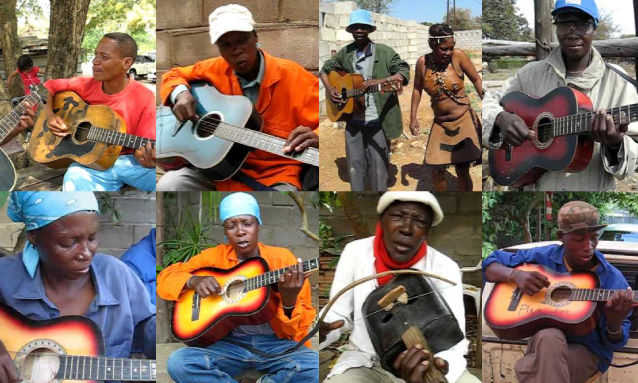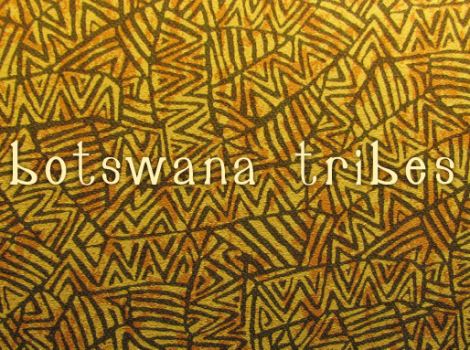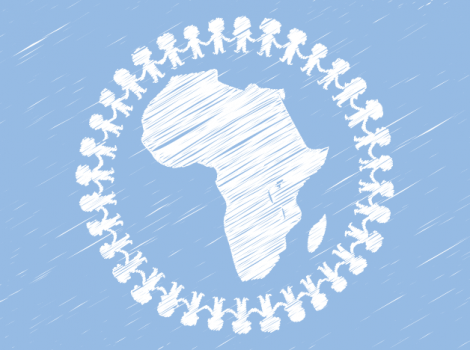
A computer-based analysis of the world’s folk music found that musical traditions in some countries, especially in sub-Saharan Africa, differ from those elsewhere in the world. But not all types of music, from all countries, show the same amount of “variation” on that “theme.” Some kinds of music are simply more unique in a global context than others. And now, science can prove it — at least, when it comes to the world’s many different types of traditional folk music.
A new computational analysis of 8,200 field recordings from 137 countries found that some places simply boast more unique and unusual folk music than others when judged against the rest of the world’s output. The conclusion was based on the musical components of rhythm, melody, timbre, and harmony.
“We found countries that do seem to have really distinct music recordings,” Maria Panteli of Queen Mary’s School of Electronic Engineering and Computer Science told Seeker. “This is the first study to investigate outliers in world music with such a large scale.”
Panteli was the lead author of a new paper describing the research, which was published in the journal PLOS ONE. Judging from the results, one region of the world in particular appears to stand out for its originality: sub-Saharan Africa.
Botswana, a land of mouthbows and syncopated dance numbers in which a group sings and claps together, turns out to be the country with the most unique folk music in the world, the study found.
In Botswana, a striking majority — 61 percent — of recordings analysed by the researchers were found to be global “outliers” — that is, recordings that the computer said were distinctly and objectively different from what can generally be heard elsewhere in the world. Not all the world’s original folk music comes from Africa. Other countries displayed exceptionally distinctive musical traditions as well, like the unusual harmonies heard in music from Pakistan and Indonesia, Panteli said.
The audio analysed in the study was made up of field recordings drawn from two large archives of world folk music: the Smithsonian Folkways Recordings and the world and traditional music collection from the British Library. The researchers used signal-processing tools to extract music information from audio recordings, data mining to quantify similarity and detect outliers, and spatial statistics to account for geographical correlation. The study didn’t attempt to determine why these countries had developed musical styles that differed from what’s commonly found elsewhere in the world, Panteli said. Unearthing the roots of these differences remains a job for future study, added Panteli.
“The aim of the study wasn’t to prove historical or cultural influence,” she said, “but we do believe these findings could form a good basis for further investigation.”
Whether you like it or not, Botswana folk music IS interesting. It’s probably unlike anything most visitors to Botswana will have heard elsewhere. But if truth be told, it’s really like Marmite; you either love or hate it. I don’t think there a middle ground.
What do you think of Botswana’s folk music? Please share your thoughts with YourBotswana whether or not you like it and tell us your reasons.
For the complete article: http://www.seeker.com/exploration/ice-from-underground-lava-tubes-offers-possible-water-supply-for-moon-missions



